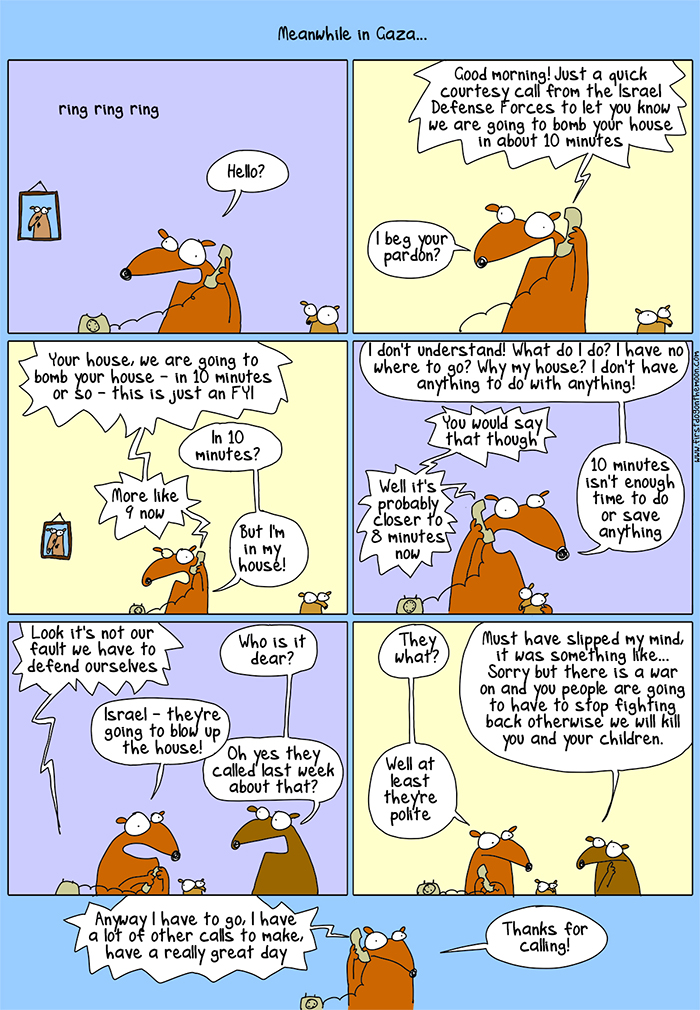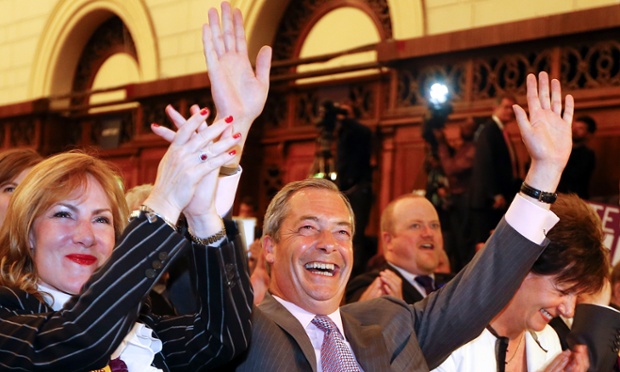 |
| Titian imagines Adam dissuading Eve from plucking another apple. 1570, Prado Museum, Madrid I've retold the Adam and Eve tale as one of my children's stories. |
Huh? What sort of theology is this?
Unless my memory deceives me, Adam and Eve were forbidden to eat from the tree of knowledge, and when they did, were slung out on their ear. How is that god's gift to all human beings? Whoever wrote this church leaflet is trying a bit too hard methinks. Striving to gloss over the Christmas tree's history as a pre-existing pagan tradition sitting uneasily within Christianity ...
… and warming to my theme, I could have written a nice little blog in this vein, but for the fact that some googling has revealed there's more to the history of Christmas trees than I knew. I assumed them to have been part of Northern European culture for generations before the missionaries arrived, but it seems it's not as simple as that. So far as I can tell they're much more recent, around 1500, and come from Germany, in one region of which they used to be hung upside down. Scandinavia not mentioned to my surprise. And Martin Luther seems to have had a hand in the matter. I must get my ducks in a row (the first time I've used that expression and dare I hope the last) and write something more considered this time next year.
And lastly why are Christmas trees shaped like Christmas trees? They’ve evolved that way to let the snow slide off. More on Earthsky.org.
























